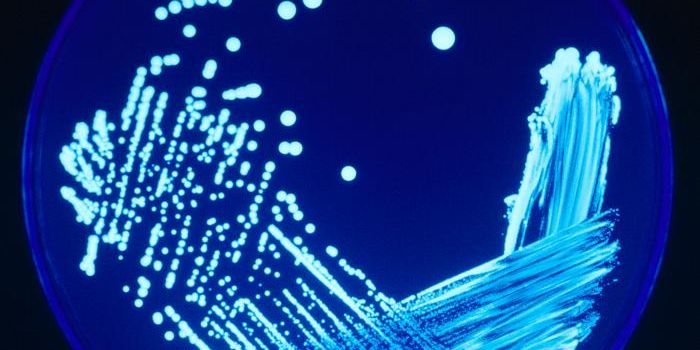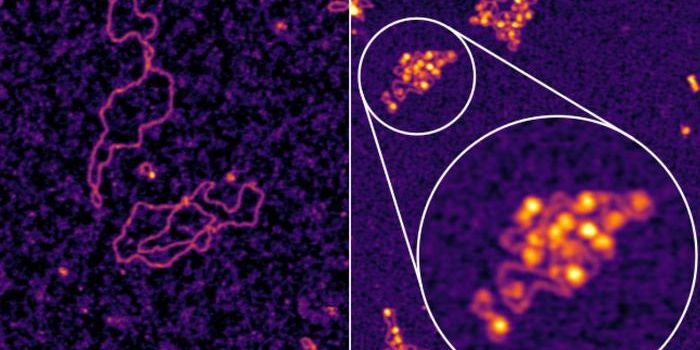Scientists Discover a Trigger for Cell Death
As organisms develop, they have to shed certain cells, and throughout life, damaged cells have to be eliminated. So nature uses apoptosis, a cell death pathway that plays a crucial role in a variety of processes, including embryonic development and the maintenance of the immune system. Disruptions in apoptosis, or programmed cell death, have been associated with a variety of diseases, including some types of cancer.
A study reported in The EMBO Journal has revealed new details about apoptosis; the research indicated that the interaction of two proteins called BAX and DRP1 is crucial to cell death. DRP1 can directly activate apoptosis by attaching to BAX, without needing any other trigger. These findings could help create new cell death regulators, such as those that are used in cancer therapeutics.
DRP1 is necessary for the division of mitochondria. Researchers have also known that BAX is a key to the cell death pathway; it's the so-called apoptotic enforcer protein. It's been suggested that BAX may be exposed to mitochondrial DRP1, but the implications were unclear. This work has helped elucidate the role of DRP1 in apoptosis.
The researchers used confocal microscopy and experimental tools to show the two proteins interacting in apoptotic cells. An experimental interaction between BAX and DRP1 was also assessed.
"When we artificially force the interaction of the two proteins, they move from the cytoplasm to the mitochondria, where the protein complex triggers a reorganization of the mitochondria. This leads to pores in the membrane. The contents of the mitochondria enter the cell plasma, which ultimately leads to cell death," explained first study author Andreas Jenner.
The research also revealed that DRP1 attaches to the front, or N-terminus, of the BAX protein; that portion of BAX is thought to be related to the regulation of its activity.
"It was impressive to see that cells started to die just by forcing the interaction between BAX and DRP1, without the need for another death trigger," noted senior study author Professor Ana J. Garcia-Saez of the University of Cologne. "It's great that we now know that DRP1 can act as a direct apoptosis activator, which for the first time gives functional significance to the connection between the two proteins. This could pave the way for the development of new BAX regulators for therapeutic applications."
Sources: University of Cologne, The EMBO Journal









